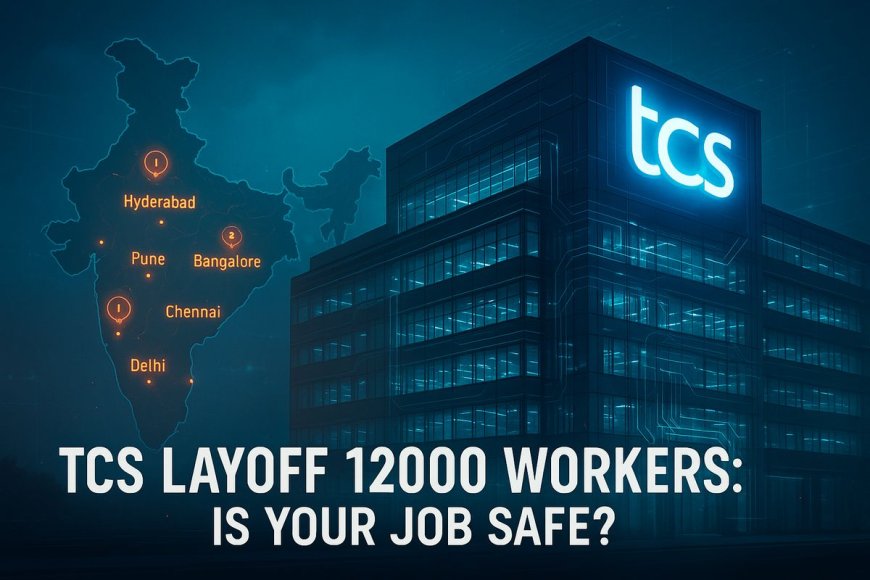TCS Employee Forced into Early Retirement After 30 Years,’ Claims Reddit User; IT Firm Responds
TCS employee claims forced early retirement after 30 years; IT firm responds, sparking debate on policies, workforce, and employee rights.

Recently, a Reddit user alleged that a TCS employee, after completing 30 years of dedicated service, was forced into early retirement. This claim has triggered widespread discussion online, raising questions about corporate policies, employee rights, and the dynamics of IT industry workforce management in India and globally.
Background and Context
The employee in question reportedly had a long-standing tenure at Tata Consultancy Services (TCS), contributing significantly to multiple projects and client engagements over the decades. According to the Reddit post, the company suddenly pushed for early retirement, citing reasons that were not clearly communicated to the public. While TCS has responded to such claims stating that employee transitions are based on internal policies and performance reviews, the incident highlights the uncertainties and pressures in the IT sector.
Why Such Actions Happen
Several factors can influence early retirement decisions in IT companies like TCS:
Organizational Restructuring: Companies often undergo strategic shifts, focusing on newer technologies or client requirements. Employees with legacy skill sets might be considered less aligned with emerging priorities.
Cost Optimization: Senior employees often have higher salaries; some organizations may opt for early retirement as part of cost management.
Performance Reviews: Decisions might be linked to periodic performance evaluations, though lack of transparency can cause discontent.
Such actions are not unique to TCS. Other IT giants have occasionally offered voluntary retirement schemes (VRS) or early exit options to manage workforce size, though forced retirement remains controversial.
Industry-Wide Implications
This situation has broader significance in the IT sector:
-
Employee Morale: Sudden exits can affect the confidence of long-term employees, impacting overall productivity.
-
Talent Retention: IT firms need experienced professionals for mentoring and complex projects; early retirements may lead to a loss of valuable knowledge.
-
Legal and Ethical Considerations: Employees may question the fairness of such decisions, leading to potential legal scrutiny or reputational risks for the company.
Key Points and Drawbacks
-
Positive: Provides opportunities for younger talent to move up the hierarchy; potential for cost management.
-
Negative: Can create stress among employees, diminish loyalty, and trigger negative publicity. Transparency and communication are crucial.
Tips for Employees in Similar Situations
Regularly update skills and certifications to remain relevant.
Maintain clear documentation of achievements and performance records.
Engage in open discussions with HR and management regarding career trajectory.
Consider financial planning for retirement or unexpected career transitions.
Conclusion
While TCS has clarified its stance, this incident serves as a cautionary tale for employees and organizations alike. Companies must balance operational needs with employee well-being, ensuring policies are transparent and fair. For employees, staying adaptable, continuously upgrading skills, and maintaining awareness of company policies can help mitigate risks of sudden career disruptions. The evolving IT landscape demands both strategic foresight from organizations and proactive career management by individuals.

 Ellofacts
Ellofacts 





